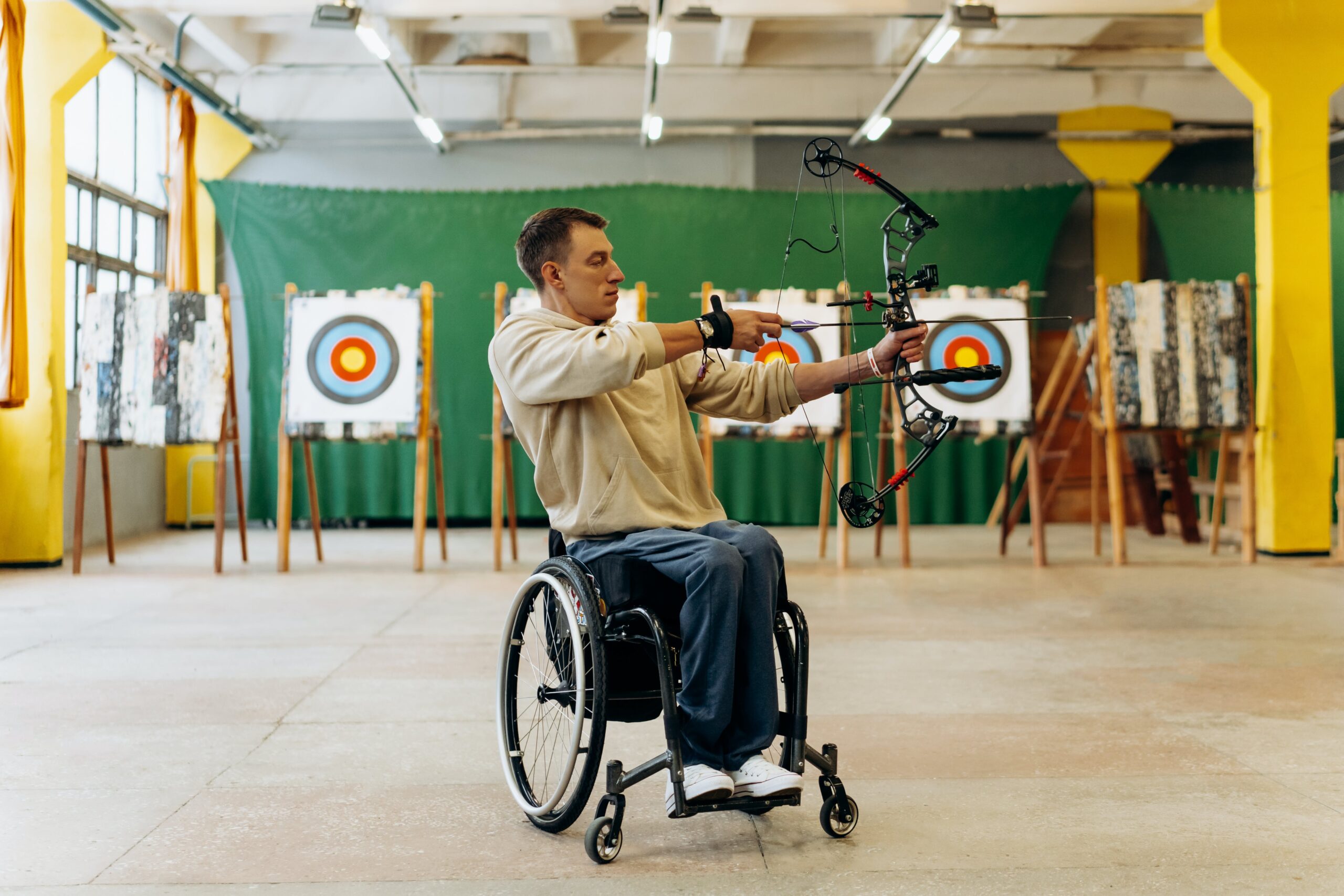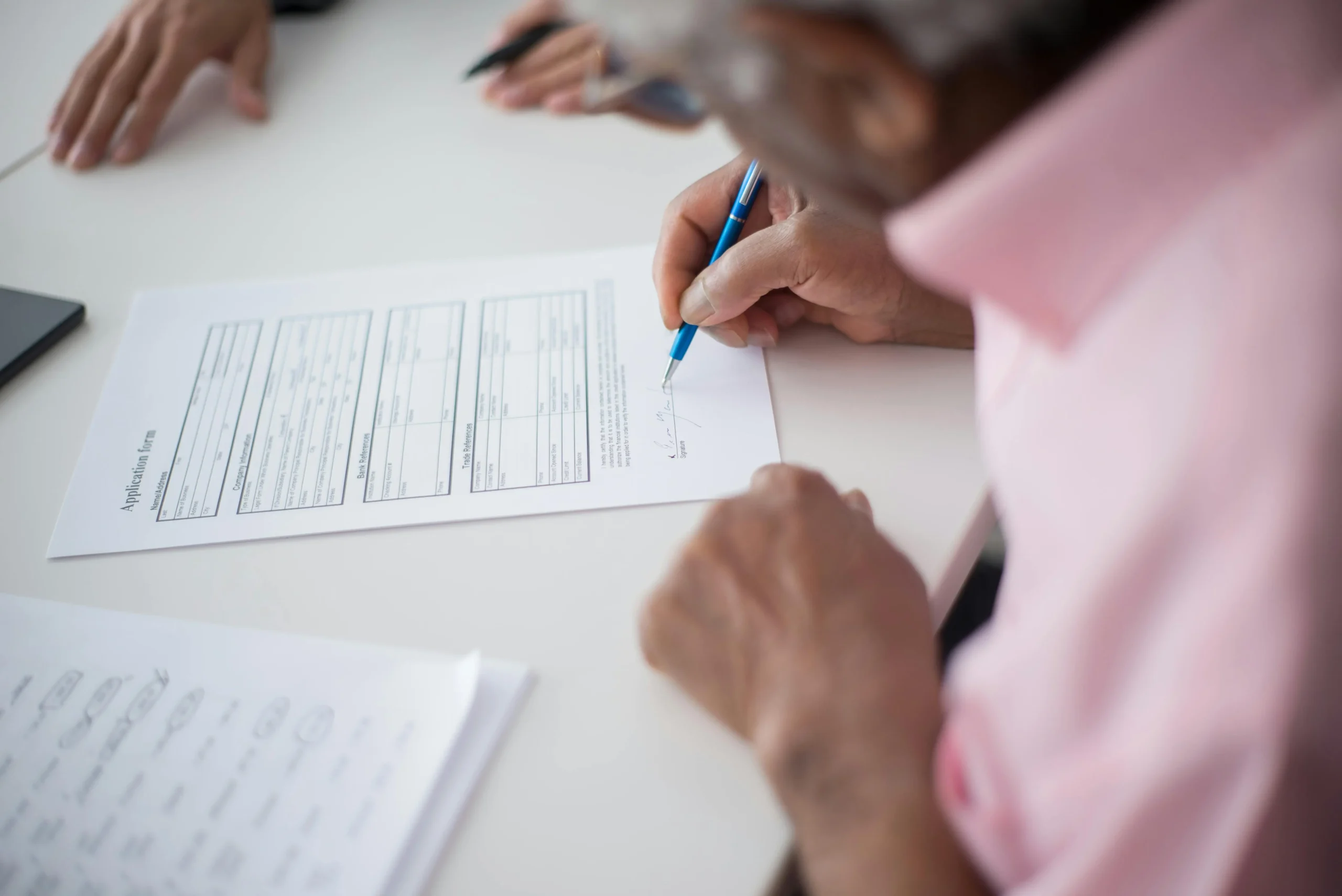
In a significant move to uphold the integrity of military service benefits, Lieutenant General Ajith Nilakantan, commandant of Army Hospital (Research and Referral), has reaffirmed the armed forces’ commitment to a rigorous scrutiny process for disability pension grants. Addressing journalists on Saturday, Nilakantan emphasized that each case undergoes meticulous evaluation by medical boards to ensure strict compliance with established rules….

Background
The Army Hospital (Research and Referral), affectionately known as Army Hospital (R&R) or simply RR Hospital, stands tall as one of India’s most esteemed medical institutions. Its reputation extends far beyond its imposing structure and impressive numbers—over 300 doctors and a staggering 1,200 beds. It plays a pivotal role in assessing disability pension cases—a subject that has sparked intense debate in recent years.
Historical Concerns
A decade ago, the military’s senior-most doctor, Lieutenant General BK Chopra, then director general of Armed Forces Medical Services, raised an alarm over a worrying trend. In a 2014 letter to the defence secretary, he highlighted that senior officers nearing retirement were exploiting disability benefits for higher and tax-free pensions. These officers, who maintained the Shape-1 medical category throughout their careers, were presenting themselves with diseases at the end of their service—a clear misuse of welfare measures.
New Policy on Disability Pension
On September 21, 2023, the Indian government put into effect the revised policy titled “Entitlement Rules for Casualty Pension and Disability Compensation Awards to Indian Armed Forces Personnel, 2023.” In addition to this policy update, an accompanying “Guide for Medical Officers” was introduced. The primary objective of this revision was to align armed forces procedures with the Rights of Persons with Disabilities Act of 2017, ensuring that the rights and entitlements of our brave servicemen and women resonate with national legislation.
Background and Need for Revision
The earlier version of the Entitlement Rules for Casualty Pension and Disability Compensation Awards to Armed Forces Personnel (ER) and the Guide to Medical Officers (Military Pensions) has undergone revision as it was promulgated in 2008. Since then, the Government of India has introduced several policy initiatives that significantly altered eligibility conditions, entitlements, and compensation rates for those wounded in war, disabled personnel, widows, and Veer Naris (war widows).
To address the evolving landscape and provide clarity, the need arose to consolidate and clarify the existing rules and medical guidelines. This matter was also highlighted by the Comptroller and Auditor General (CAG) in their report to the Parliament. Consequently, a Study Group, comprising members from the Army, Navy, Air Force, Department of Ex-Servicemen Welfare, and the Ministry of Defence (Finance), was established. Their task was to thoroughly examine and review all policy provisions related to this critical subject, ensuring fairness and transparency in the treatment of our armed forces personnel.

Government Action
Prompted by a report from the Comptroller and Auditor General (CAG), which highlighted that nearly 40% of retiring officers and 18% of personnel below officer rank (PBOR) were receiving disability pensions, the government instituted new rules in September 2023. These rules aim to protect those who sustain disabilities in service while preventing potential misuse of provisions.
Chief of Defence Staff’s Assurance
General Anil Chauhan, Chief of Defence Staff, has clarified that these new guidelines are designed to maintain operational efficiency, battle readiness, and overall physical fitness within the armed forces. The revised policy tightens norms for claiming disability pensions without altering entitlements for death or disability compensation or affecting war widows, family pensioners, and veterans’ emoluments.
Financial Implications
Under the disability pension system, the total pension including disability pension can be 20% to 50% higher than a standard pension and remains tax-exempt. This adjustment addresses concerns raised by the CAG regarding lifestyle-related diseases like diabetes and hypertension influencing pension claims.
Conclusion
The Indian armed forces’ proactive approach in refining the disability pension process reflects a dedication to fairness and accountability. By instituting stringent checks at multiple levels and addressing historical concerns about misuse by senior officers, they ensure that only deserving cases receive benefits—a testament to their unwavering commitment to serving those who have served the nation.
Need a Lawyer for Your Armed Forces Case? Chat with us Now and Get the Best Help!





